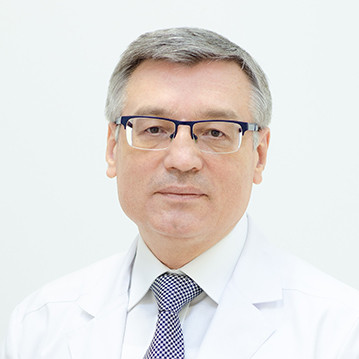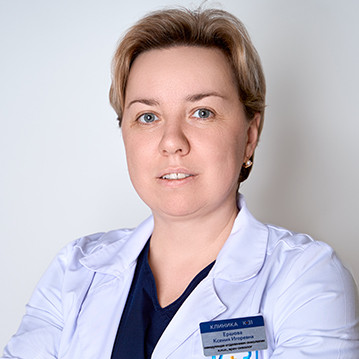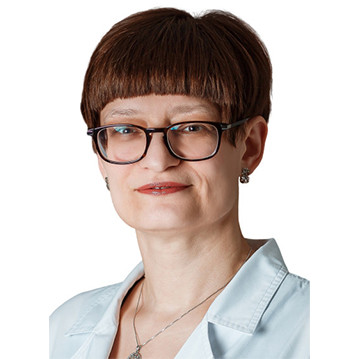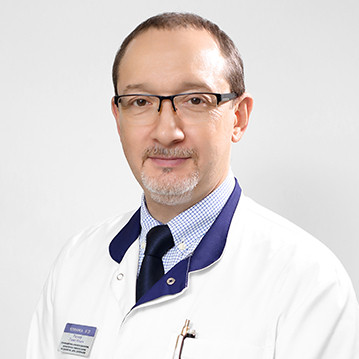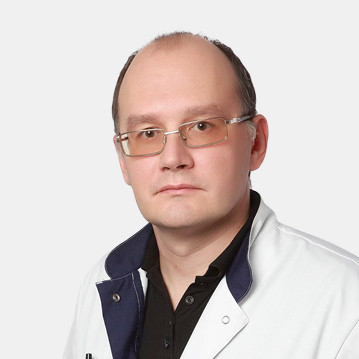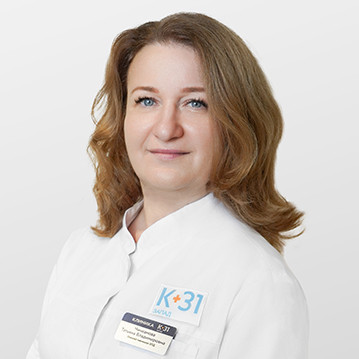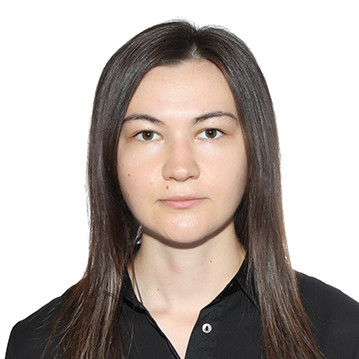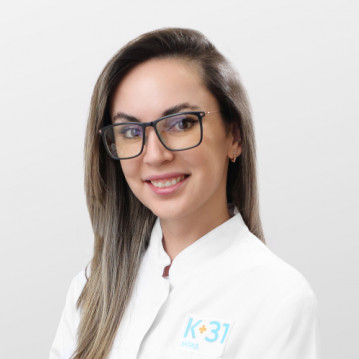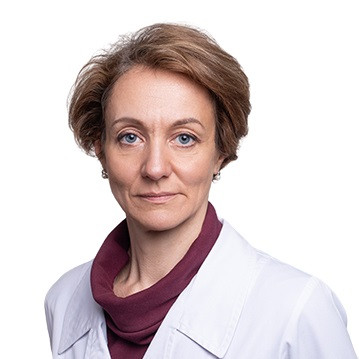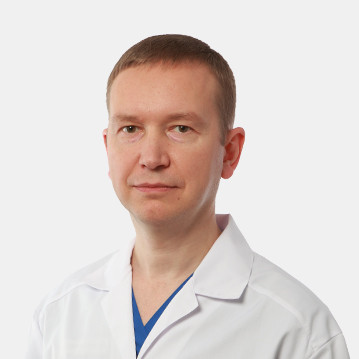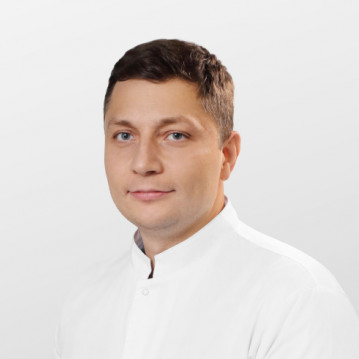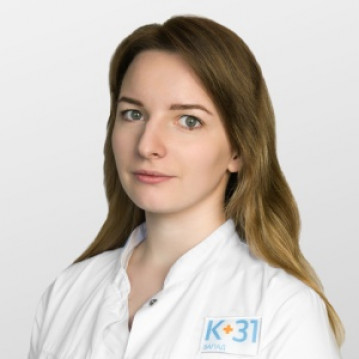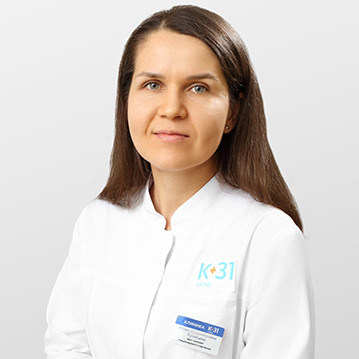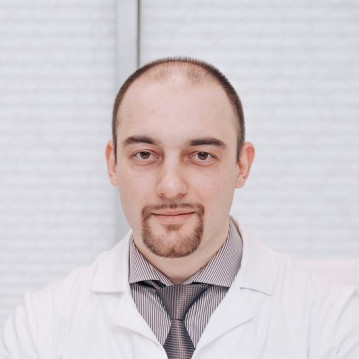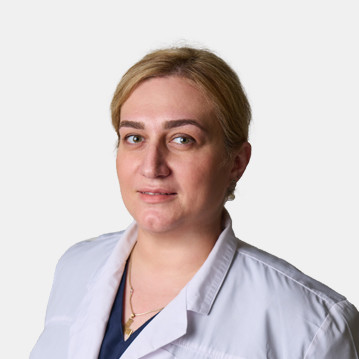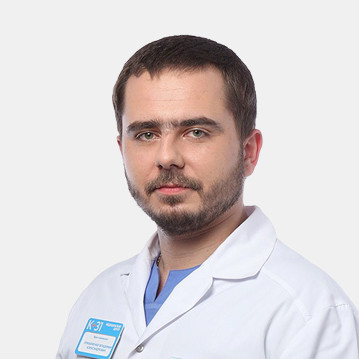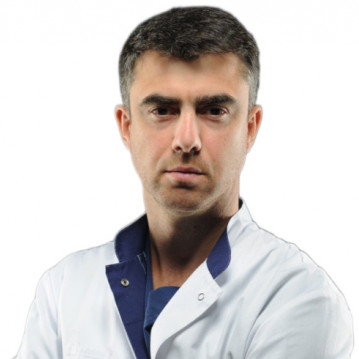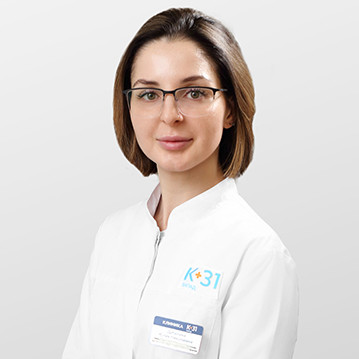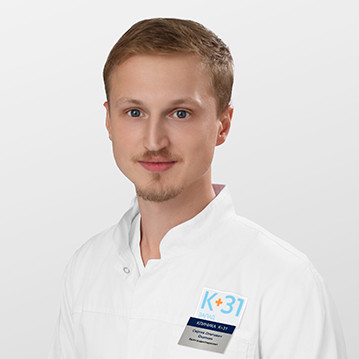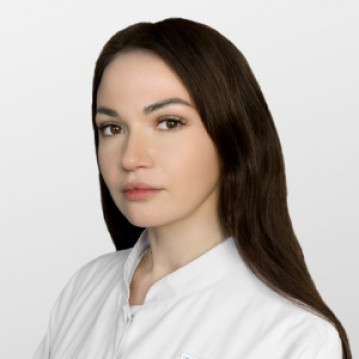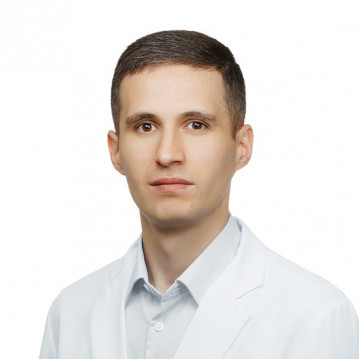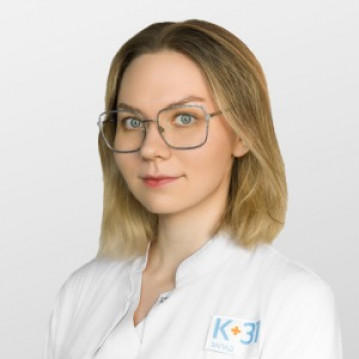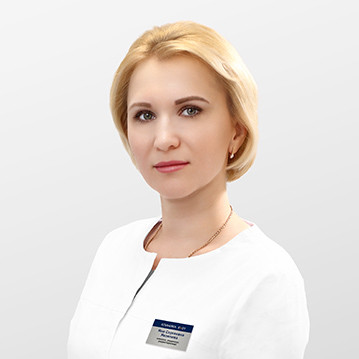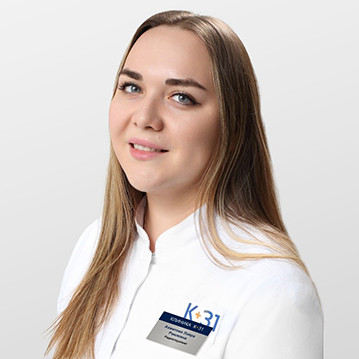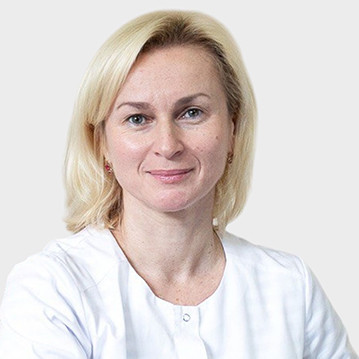What is immunotherapy
Immunotherapy (biotherapy) is an innovative method of drug treatment of oncological diseases. Its essence is that during therapy the patient's immune system is involved.
When a malignant neoplasm develops in the body, the immune system loses the ability to distinguish and destroy tumor cells - they are not perceived by it as foreign. As a result, the tumor grows and gives metastases, while the body "does not see" them. Malignant cells arise from the degeneration (mutation) of normal healthy cells. The pathological process can be started under the influence of hereditary or external factors. Scientists have been able to identify the so-called checkpoints that inhibit the work of cells of the immune system. Drugs have been developed - inhibitors (lat. inhibere "delay") checkpoints that activate the activity of the immune system. Thanks to these drugs, the body is able to give an immune response.
In the clinics of the K + 31 Medical Center in Moscow, patients receive immunotherapy for tumors, including adoptive immunotherapy (exposure to activated lymphocytes).
When is immunotherapy prescribed
The main indication for the appointment of immunotherapy is the presence in the patient's body of distant foci of the oncological process, that is, metastases. In the last stages, metastases penetrate into organs and tissues, and it is impossible to remove them surgically. In this case, the only effective method is drug therapy.
It is important to understand that immunotherapy does not cure cancer, its goal is to prolong the life of the patient as long as possible, reduce the manifestation of symptoms and prevent the development of relapses. Such treatment is indicated not only for inoperable cancer, but also after surgery to remove the tumor, as well as at any stage of the disease, if the tumor is sensitive to immune drugs. The method is used as an independent or in combination with traditional treatment. Although immunotherapy is not a 100% effective treatment for cancer, scientists believe this direction is considered very promising. The doctors of our Center, which is considered one of the best in Russia, successfully use immunotherapy to treat melanoma with metastases, lung cancer, kidney cancer, pancreatic cancer, breast cancer (breast cancer) and other oncological diseases. You can find out the price of immunotherapy for oncology in Moscow on the clinic's website or by calling the administrator.
The doctor prescribes inhibitors only when they can be of real benefit. Not only the type of neoplasm matters, but also some features, for the identification of which the patient takes tests and undergoes a series of studies. According to their results, the doctor determines whether immunotherapy will be effective or not.
Immunotherapy is most often used to combat malignant neoplasms in the internal organs: kidneys, lungs, bladder, body of the uterus. Immunotherapy also gives a good effect in the treatment of melanoma of the rectum, prostate cancer, and ovaries.
Like other methods, immunotherapy has contraindications. Preparations of this group are not prescribed in the presence of such pathologies as:
- Diabetes mellitus.
- Autoimmune diseases.
- Tuberculosis.
- Thyrotoxicosis.
- Severe allergies.
- Bronchial asthma.
- Immunodeficiency
Cancer immunotherapy is not prescribed even if side effects occur after a previous course. It should also be borne in mind that immunotherapy is not effective for all forms of cancer.
How immunotherapy works
Normally, the immune system detects and attacks pathogenic cells, thereby protecting the body from the development of the oncological process. When failures occur, the system loses the ability to detect and destroy mutating cells, and they remain unnoticed, "disguised". In such cases, immunotherapy (biotherapy) comes to the rescue. Under the influence of drugs, immunity increases artificially: the body begins to distinguish tumor cells from healthy ones, eliminate them and prevent the occurrence of metastases. In other words, the body uses its own resource and gives an immune response.
How is immunotherapy treated
Preparations - checkpoint inhibitors - are most often administered intravenously (droppers), sometimes subcutaneously (in the form of injections). During the initial administration, the doctor closely monitors how the patient's body reacts to the drug, because there may be adverse reactions (for example, allergic). If the doctor suspects the possibility of such reactions, then the patient remains in the hospital for a while. The choice of medication, dosage and duration of the course is determined by the attending physician based on the results of tests and examinations.
In the K+31 clinic, immunotherapy as a method of cancer treatment is carried out in full accordance with European standards. We employ experienced oncologists, chemotherapists, radiotherapists who develop effective treatment regimens for cancer patients. Specialists are armed with original preparations and equipment of the latest generation.
